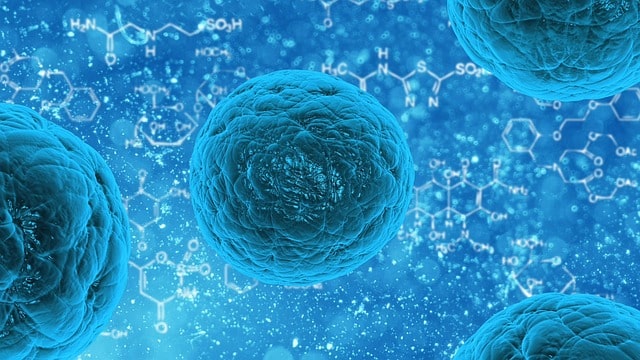Are Stem Cells Good or Bad?
Do you know what a stem cell is? Stems cells are the undifferentiated biological cells, which have the potential to develop into different types of cells with specialized functions. They also help to repair the damaged cells in our body. These cells also have the ability to renew themselves via cell division even after remaining inactive for a long period of time. Due to their regenerative properties, stem cells are nowadays being experimented to treat the various diseases.

Though these cells are present in all our bodies, they function more effectively in a fetus. Hence, there are two types of stem cells – adult stem cells and embryonic stem cells. Bone marrow transplantation is the only stem cell therapy, which is being used widely today. The use of stem cells for treatments and other experiments have always been the topics of controversy. Like all the medicines and treatments, the stem cell therapy also will cause both positive and negative effects on our body. Some of them are mentioned below:
Positive Impacts of Stem Cells:
- Stem cells have helped in the treatment of various diseases like Parkinson’s disease, Alzheimer’s, cancer, diabetes, spinal cord injuries, heart diseases, transplantation, etc.
- As the stems cells are taken from the patient himself, the therapies developed from these stem cells have lower rejection rates. This also helps to reduce the usage of immunosuppressant treatments on the patients.
- From the studies conducted on the different types of stem cells, the scientists can gain more knowledge about the human growth and the development of cells.
- The various defects of the fetus can be easily identified by studying the stem cells. A child’s susceptibility to a disease can be easily identified and treated at a very early stage.
- Stems cells also help in reducing the possibilities of miscarriage in women.
- Due to the regenerative properties of the stem cells, they can be used for repairing the damaged cells in an organ. They even help to cure mental illnesses.
- By studying these stem cells, the scientists can understand how a human body functions. A number of new treatments can be implemented using these cells and thus can prevent diseases and extend the average life expectancy of human beings.
Negative Impacts of Stem Cells:
- The probable side effects of the stem cell therapies are still unknown.
- When the stem cell is used for research, they destroy the blastocytes which are formed from the laboratory fertilization of the human egg.
- Unlike the adult stem cells, the embryonic stem cells have high chances of rejection.
- The extraction of adult stem cells from a patient is a very painful process which can even result in the death of the patient. Embryonic stem cells are also very difficult to obtain as it takes several months for the stems cells to grow in a culture.
- Stem cell treatments are very expensive. As they are still in their experimenting stage, no health insurance plans and government benefits will help you to cover the cost.
- The treatments using stem cells are not yet proven completely. Hence, using these on the patients can be dangerous to their lives.
- Some of the stems cells also cause tumors after the transplantation process.
- When the stem cells are taken from the adults, it takes a lot of time for the auto-renewal to happen within the body.
There are many people who consider the treatments using the stem cells as unethical. The government authorities also do not extend a wide support to these experiments. The various states in the US have even banned the research activities of the embryonic stem cells. The destruction of the blastocytes which happen during the stem cell research is also considered to be immoral by many people.
Moreover, most of the treatments and research on the stem cell therapies are based on theories. Though more than 3500 research studies are happening on the stem cells and the treatments using them, there are no proven results on them. Some of the stem cells, even use immunosuppressant on patients before doing the transplantation in order to prevent the chances of rejection of these cells by the body. This can cause various harmful side effects on the patients after the treatment.
Though the stem cells provide solutions to a wide number of diseases, the therapies done using them cannot be trusted completely. As it remains unproven, it has to be decided by the people, if they want to subject their lives to such experiments with no certain outcomes.
- Tulip Mania – The Story of One of History’s Worst Financial Bubbles - May 15, 2022
- The True Story of Rapunzel - February 22, 2022
- The Blue Fugates: A Kentucky Family Born with Blue Skin - August 17, 2021
